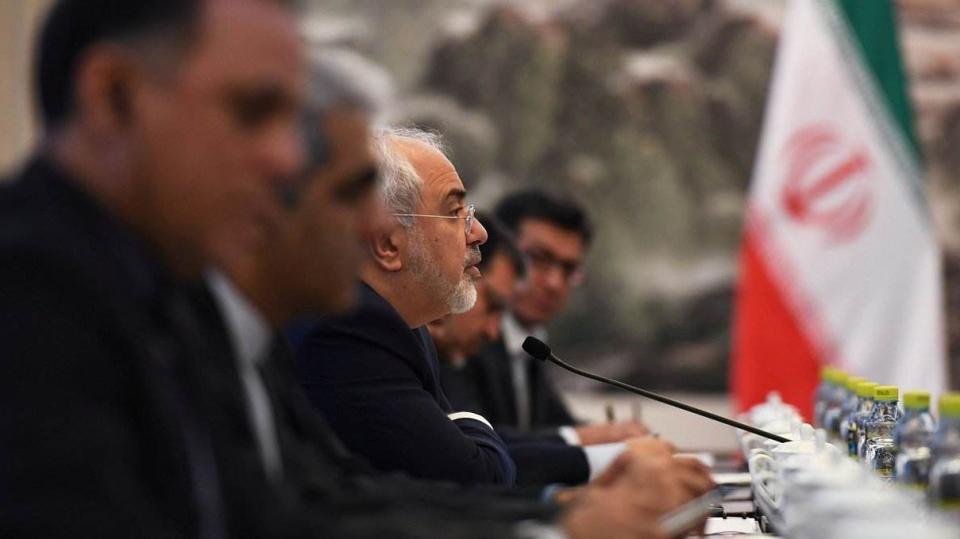On April 8, the Trump administration designated Iran’s Islamic Revolutionary Guard Corps (the Corps) as a foreign terrorist organization. Iran hit back at the US the next day, labeling the US Central Command and all its forces as terrorists.
This stems from their different outlooks on regional order. The US adheres to the principle of collective defense, believing it has the right and obligation to protect its allies, whereas Iran contends that Gulf countries should safeguard collective security and refuse military intervention from foreign countries, Sun Degang, deputy head of the Institute of Middle East Studies at Shanghai International Studies University, said during an interview with the People’s Daily overseas edition.
The US’s influence in the Middle East has declined, especially in Syria. “Iran is drawing closer to Russia and Turkey. Yet the US lacks countermeasures, so it ratchets up isolation, blockage and sanctions against Iran and the Corps,” Sun said. The Corps is one of the country’s wealthiest organizations and holds immense political, military and economic power.
As a result, the possibility of a military conflict between them is increasing, Sun warned. And “the US’s move undoubtedly encourages its allies, including Israel and Saudi Arabia, and even sends misleading signals,” Sun said. The US’s Middle Eastern allies will probably engage in local conflicts with Iran in Syria and other hot spots, Sun said.
Terrorist organizations for years have been referred to as non-state actors. “By designating the Corps – a military force of a sovereign state – as a terrorist group, the US has broadened the definition of such groups,” the expert said.
Besides adversely affecting the building of consensus in the international community’s anti-terrorist efforts, the US’s decision could also lead Iran, Syria and Hezbollah factions in Lebanon and Russia to consolidate their military presence in Syria, Sun said.

 Old Version
Old Version